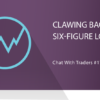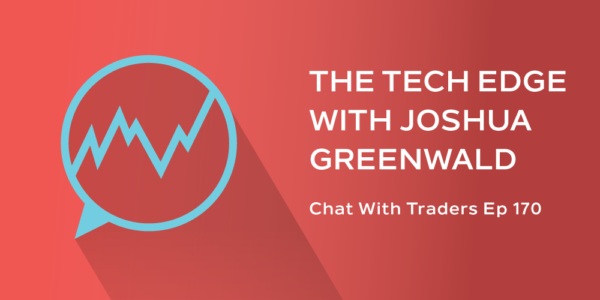
The brokerage you choose to trade futures with can have an impact on your profitability, as well as your overall trading experience. A good broker should be able to help you with your strategy development, monitoring open positions, research and placing orders. They can also help you handle stock option transactions as it relates to futures.
You need to consider the type of brokerage you need and figure out what your needs and goals are to be able to find one that is the best fit.
There are essentially three different types of brokerages you can go to. They differ in fees and how involved they are in your trades.
FCM Direct
An FCM, or futures commission merchant, is a company that solicits or accepts orders to buy and sell futures contracts. FCMs also handle orders for options on futures contracts, off-exchange foreign exchange contracts or swaps. In addition, an FCM accepts money or other assets from customers to support their futures orders. Trading directly with an FCM may offer some potential savings to customers. This is because by trading directly through an FCM, you effectively cut out the middle man (broker).
IIB
An IIB, or independent introducing broker, is a futures brokerage that introduces customers to an FCM. IIBs are required to post a minimum capital requirement in order to do business and may introduce business to multiple FCMs. IIBs may also offer a potential cost savings to customers as they can clear business at multiple FCMs. This allows an IIB to possibly save money on clearing costs and those costs may potentially be passed on to customers.
GIB
A GIB, or guaranteed introducing broker, is a futures brokerage firm that introduces customers to a single clearing firm. An FCM “guarantees” the GIB which means they are responsible for the broker’s compliance and other issues. Because the FCM handles parts of the GIB’s business such as compliance, back office and more, the GIB may pay a higher “clearing” rate to the FCM. Because the GIB pays a higher clearing rate, they may charge higher rates to its customers.
What you Need to Consider When Choosing a Brokerage Firm
Before deciding on a brokerage, it is important to do plenty of research so you can make an informed decision. Below are just some of the questions you need to ask yourself or a brokerage firm to determine what will work best for your situation. Use them as a starting point:
The type of service you want: Are you looking to simply trade yourself from an online platform or do you want to work with a licensed futures broker?
Fees and commissions: What are fees per trade? How is commission calculated, and how much is it? Will I pay more through an online trading platform or with a broker?
Clearing arrangements: If you do business with a IIB, where will they clear your business? If you choose to do business with a GIB, what FCM guarantees them?
Trading platforms: What platforms does the broker or FCM offer?
Length of time in business: Is the broker or FCM new, or have they been in business for some time?
Customer complaints: Are there any complaints I need to be aware of that I can find by by visiting the National Futures Association website? Do they have excessive complaints, or are there other red flags?
As with all investment decisions, make sure you do your due diligence and happy trading!










